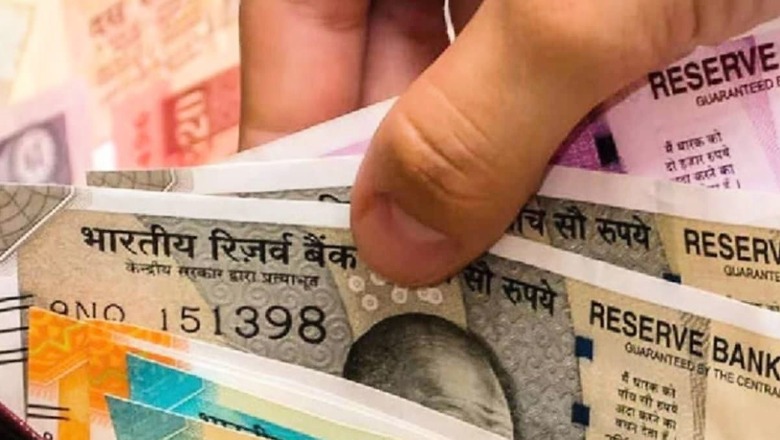
views
Managing your finances amid rising inflation can be challenging, but it’s important to take steps to protect your wealth. Remember, managing finances during inflation requires a proactive approach and adaptability. Regularly reassess your financial situation, make necessary adjustments, and seek professional advice when needed.
In India, retail inflation rose to a three-month high in June on rising prices of kitchen essentials, while the factory output expanded at a faster pace of 5.2 per cent in May, according to the government data released on Wednesday. Retail inflation based on the Consumer Price Index (CPI) increased to 4.81 per cent in June after declining for four months in a row but remained within the comfort zone of the Reserve Bank.
The CPI-based inflation moved northwards after declining for four months since February. The RBI, which will be announcing its next set of bi-monthly monetary policy early next month, mainly factors in retail inflation while deciding the benchmark interest rate (repo).
The inflation in the food basket was at 4.49 per cent in June, higher than 2.96 per cent in May. The food basket accounts for nearly half of the CPI.
Here are some strategies to help you manage your finances during periods of inflation:
Create a budget and stick to it: This will help you track your spending and make sure you’re not overspending in any one area.
Cut back on unnecessary expenses: Take a close look at your budget and see where you can cut back on expenses that aren’t essential. This could mean eating out less, canceling unused subscriptions, or finding cheaper alternatives to your current products and services.
Invest in assets that appreciate in value: This could include stocks, real estate, or commodities. These assets can help you protect your wealth from inflation.
Pay down debt: If you have debt, focus on paying it down as quickly as possible. This will free up more of your income to spend on other things or invest.
Have an emergency fund: This is a savings account that you can use to cover unexpected expenses, such as a job loss or medical emergency. An emergency fund will help you avoid having to take on debt during a financial crisis.
Shop around for better deals: Inflation can make it more expensive to buy the things you need, so it’s important to shop around for the best deals. You can often find discounts on groceries, clothing, and other items by comparing prices at different stores.
Take advantage of coupons and promo codes: There are many websites and apps that offer coupons and promo codes for a variety of stores. These can save you a significant amount of money on your purchases.
Cook at home more often: Eating out can be expensive, so cooking at home more often can help you save money. There are many easy and affordable recipes available online and in cookbooks.
Get creative with your entertainment: There are many ways to have fun without spending a lot of money. You can go for walks, visit the library, or have game nights with friends.
Remember, these are general tips and it depends on the person how they would like to adjust when inflation rises. It is important to note that there are several reasons for inflation in an economy and the government and RBI keep a close watch to implement measures from time to time, to keep the prices under control.




















Comments
0 comment